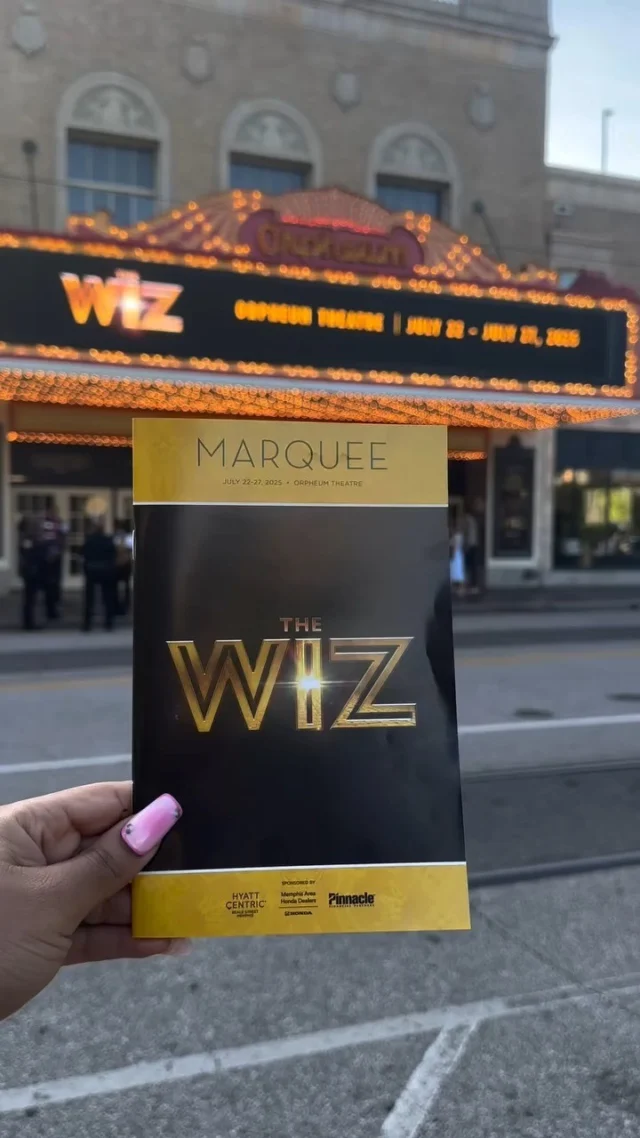Memphis Crime & Safety: Paving the Way to a Safer Future
Welcome to Memphis, where we’re paving the path to a brighter, safer tomorrow! This dynamic city is on the move, combining its rich cultural roots with dedicated efforts to enhance public safety. In the early months of 2025, the impact of these efforts is already crystal clear, with a nearly 9% drop in major violent crimes and an impressive 20% decrease in property crimes.
A 35% reduction in vehicle thefts marks a milestone for Memphis this year, directly reflecting the hard work of local authorities, federal partners, and community leaders. It’s proof that when Memphis rallies together, big changes happen. The city of Memphis continues to address safety proactively, aiming to reduce the crime rate while preserving its vibrant cultural identity.
Understanding Crime in Memphis
Crime in Memphis has historically presented challenges, but recent progress demonstrates the city’s commitment to change. The Memphis crime rate has seen improvements in recent years, with data showing significant drops in both violent and property crimes. The Memphis Police Department, in collaboration with local and federal partners, has made strategic efforts to lower crime stats while enhancing public safety in the Memphis-Shelby area.
Safety in Memphis: Perception vs. Reality
Safety in Memphis is about perception versus reality. Downtown Memphis, including popular spots like Beale Street, ensures resident and visitor safety with enhanced security measures and a watchful police presence. Beale Street, known for its vibrant nightlife and musical heritage, has taken significant strides to make sure tourists and locals feel secure. In 2024, the city introduced technological strides with the Downtown Command Center, equipped with AI-powered surveillance, boosting response capabilities and accuracy of crime data.
Public safety improvements extend beyond downtown. Enhanced police visibility and community collaboration are creating a safer environment throughout Memphis, including in historically high-crime areas. The commitment to safety in Memphis is evident in both the crime data and the community’s collective effort to ensure a secure city for residents and visitors.
Community-Led Safety Initiatives
Community efforts are at the heart of safety improvements in Memphis. The Memphis Police Department, alongside local organizations, delivers initiatives that robustly tackle crime. Operation: Safe Community is one such program, focusing on community engagement and strengthening law enforcement. These initiatives are designed to reduce violent crime and address the root causes of criminal activity, making a significant difference in the city’s overall crime rate.
Programs addressing violent crime and property crime, such as vehicle theft, are making tangible differences in the overall crime rate. Community-led safety efforts emphasize collaboration, education, and proactive intervention to maintain public safety and reduce crime rates across Memphis and Shelby County.
Education and Empowerment: The Cornerstones of Safety
Education remains a cornerstone of Memphis’s safety strategy. Programs like FFUN’s “watchful eye,” the GRASSY anti-gang program, the Juvenile Intervention and Faith-Based Follow-Up (JIFF), and the Family Safety Center are transforming lives. These initiatives focus on breaking the cycle of violence, offering youth support, and building trust between the community and law enforcement. Addressing both violent crime and property crime through education and engagement is key to fostering lasting change.
By investing in educational programs and community outreach, Memphis aims to reduce the crime rate sustainably. The city continues to build partnerships that focus on preventing crime before it starts, highlighting the importance of community involvement and youth engagement.
Moving Forward: A Safer Memphis
Memphis’ ongoing transformation is fueled by community spirit, strategic initiatives, and technological progress. Residents and visitors alike are invited to join in, contributing to a Memphis that’s safer and more inviting for all. Let’s stride together toward a future where safety is the norm, and Memphis continues to shine bright! The progress in reducing crime rates in Memphis reflects the dedication of the city and its people, ensuring that Memphis remains a place where safety and culture coexist harmoniously.
You may also be interested in: Memphis News | Memphis Local News today




![The countdown is ON, Memphis! We’re officially 30 days out from the @unitememphis 5K + 1-Mile Walk/Run—and this year, we’re stepping into unity on 901 Day 🙌🏽
📍 Monday, September 1 | National Civil Rights Museum
🕘 Start time: 9:01AM
🎶 Food, music & fun to follow
Whether you’re walking or running, this isn’t just a race—it’s a movement. And there’s no better time to join in than now. 👟✨
🎓 COLLEGE STUDENTS: Be one of the first 100 to register using your .edu email with promo code NEXTGENUNITE and your ticket is just $10 (that’s a $32 savings 👀). Limit 2 per person, so tell a friend!
Let’s walk. Let’s run.
Let’s #UniteMemphis 💛
🔗 [link in bio]](https://wearememphis.com/wp-content/uploads/sb-instagram-feed-images/526805187_18335272954206022_6056852028660485499_nfull.webp)







